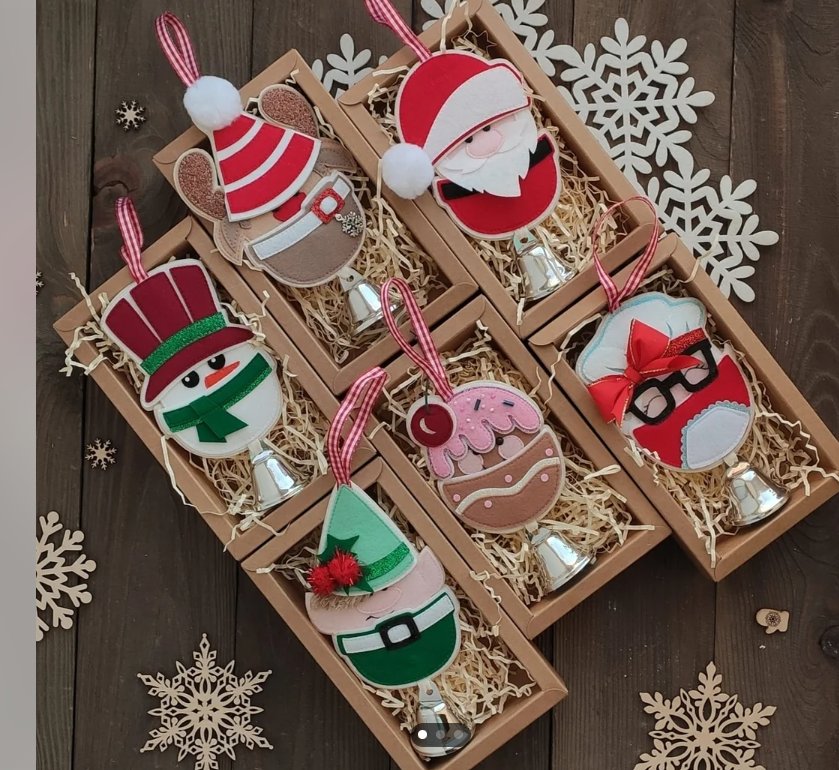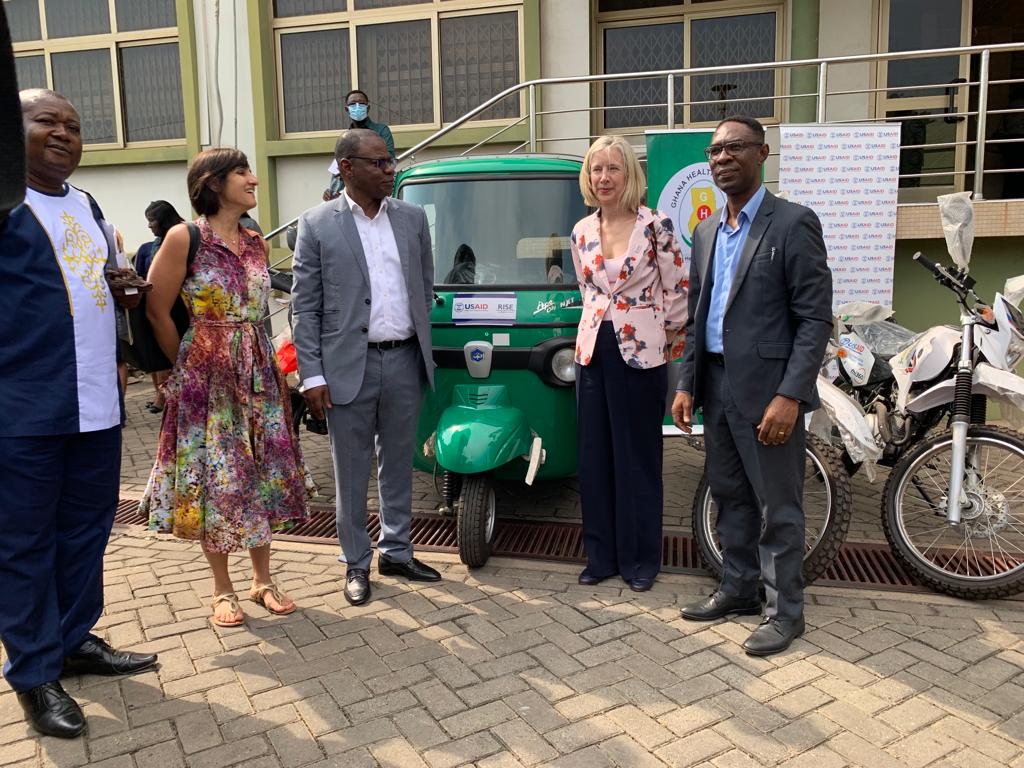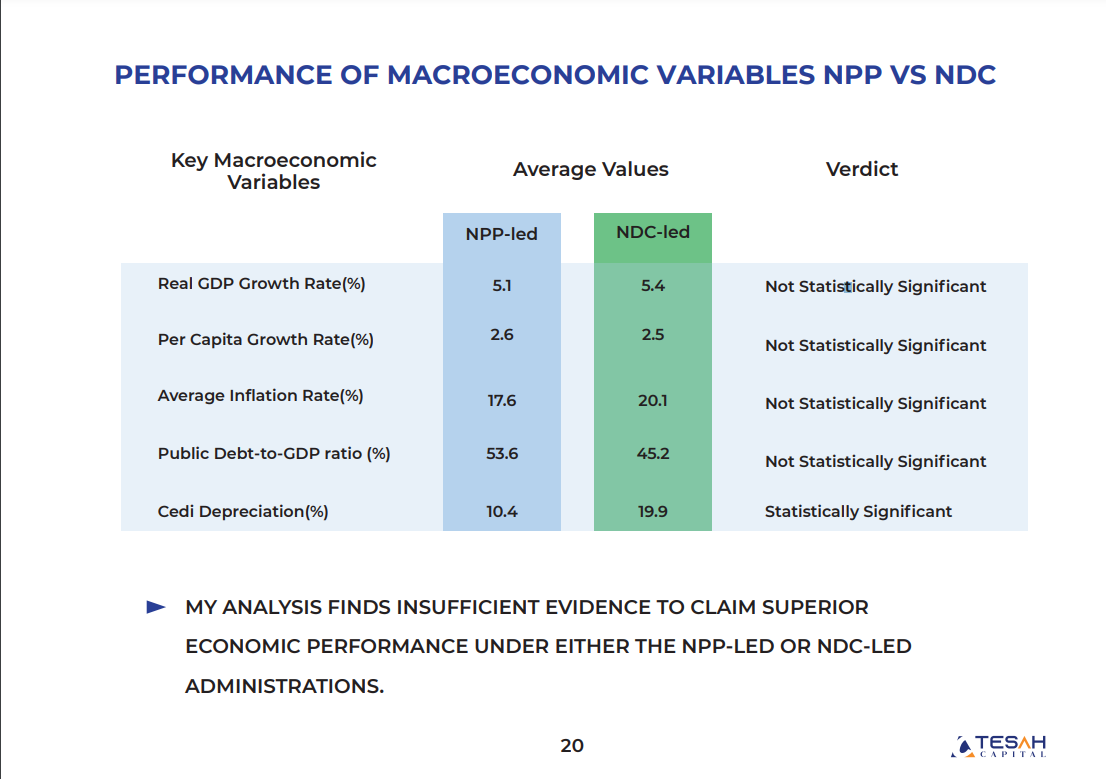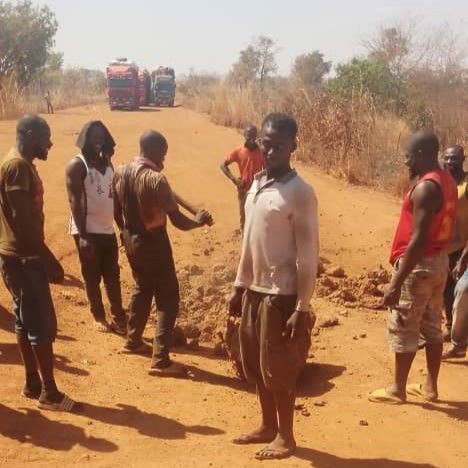
Christmas, known as christians as the birth of Christ is a holiday marked by carols, feasts, and a general air of festivity. However, for centuries in Ghana, Christmas was not the main event. Instead, Ghanaians celebrated Bronya, a distinct festival with unique roots that has its own rich history and traditions. Although Christmas has gained popularity in the country in recent years, Bronya remains a culturally significant celebration, with deep ties to Ghana's coastal communities and colonial history. Despite sharing a common timeframe, the two holidays—Christmas and Bronya—are fundamentally different in origin, meaning, and the way they are celebrated.
What Is Bronya?
At first glance, the name Bronya might sound like just another variant of Christmas. However, a deeper look reveals that it is an entirely different celebration with a unique history. The word Bronya comes from a fascinating combination of two words: Bor nya or Bro nya, which translates roughly to to swim and get something or to dive and get something. This peculiar name hints at the central activity of the festival, which, much like the Christmas festivities we know today, involved gathering—though in a manner quite different from the typical Christmas scene.
The origins of Bronya date back to the 15th century, around 1471, when the Portuguese, who had established a presence at the Elmina Castle in present-day Ghana, celebrated Christmas with a rather unique custom. They organised a swimming competition, during which a canoe would be filled with various goodies and then pushed out into the sea. The challenge for the locals was to swim out and retrieve the canoe, which had been sent far from the shore. The competition became a popular event and, over time, it spread across the region, particularly along the coast of Ghana.
The Influence of the Dutch
In 1627, the Dutch defeated the Portuguese and took control of the Elmina Castle. With the Dutch came new influences, and it was they who altered the name of the festival to Edina Brounya—which roughly translates to Elmina Bruna. The term Bruna was a nod to the town of Elmina, linking the celebration directly to the region. From that point on, Bronya became a central festival, particularly celebrated on the first Thursday of every January.
The Dutch did not simply leave behind a legacy of changing the festival's name; they also reshaped its significance. The celebration became a symbol of friendship and solidarity between the Dutch colonisers and the local people of Elmina. It was not merely a competition to retrieve goodies from the sea; it was a moment of unity, a way to cement ties between two distinct cultures.
As time went on, the festival grew in stature, and other ethnic groups from around Ghana began to make the pilgrimage to Elmina to participate. By this point, the original significance of the festival had evolved into something that transcended the idea of colonial diplomacy, becoming a full-fledged celebration of community, culture, and shared heritage.
How Bronya Differs from Christmas
While Christmas is a global holiday tied to the birth of Jesus Christ, celebrated through church services, family gatherings, and the exchange of gifts, Bronya is not rooted in Christianity or religious observance. For many Ghanaians, the concept of Christmas as it is understood in the Western world didn’t really exist until relatively recently. For centuries, Bronya was the main holiday observed in Ghana during the festive season.
The most obvious difference between Christmas and Bronya is the way they are celebrated. Christmas revolves around the imagery of a white-bearded Santa Claus, Christmas trees, and the idea of goodwill and charity. The holiday is often marked by exchanging gifts and sharing meals with loved ones. In contrast, Bronya revolves around a grand competition and a deep sense of community spirit. While both festivals celebrate joy and togetherness, Bronya's activities centre around an active participation in a swimming competition—a feat requiring strength, agility, and endurance.
The idea of receiving gifts in Bronya, while still central to the celebration, is more symbolically tied to the festival's origins. The ‘rewards’ in the form of food or goods retrieved from the canoe reflect the festival’s roots in communal participation and the idea of 'earning' one’s spoils. There is a sense of personal achievement and collective celebration that is less about passive enjoyment and more about active involvement.
Bronya and Christmas in Contemporary Ghana
In modern-day Ghana, the celebration of Christmas has become more widely observed, largely due to the influence of Western culture and the spread of Christianity. Many Ghanaians now celebrate Christmas with church services, festive meals, and gift-giving, much like people do in other parts of the world. However, the distinct traditions of Bronya have not been entirely overshadowed. In fact, many Ghanaians still hold Bronya in high regard, particularly in the coastal regions of the country.
In places like Elmina, the festival remains a vibrant celebration of local culture and history. The sense of community and the physical nature of the festival—where participants swim to claim their prize—serves as a powerful reminder of the shared heritage that unites the people of Ghana. Today, Bronya continues to be celebrated on the first Thursday of January, keeping alive the traditions that have been passed down through generations.
While Christmas is a widely recognised global event celebrated in different ways around the world, Bronya is a distinctly Ghanaian celebration with a rich history that predates much of the Western influence on the country. The origins of Bronya, with its Portuguese roots and Dutch colonial influence, make it a unique cultural marker that stands apart from Christmas. Its focus on swimming, competition, and community highlights the different ways in which people around the world celebrate joy, unity, and shared traditions.
For Ghanaians, Bronya is more than just a holiday; it is a celebration of the past, a marker of friendship and cultural pride, and a lively reflection of the country's history and people. So, while Christmas might be a more globally recognised holiday, Bronya continues to hold a special place in the hearts of many, ensuring that this fascinating tradition endures for generations to come.
Read Full Story























Facebook
Twitter
Pinterest
Instagram
Google+
YouTube
LinkedIn
RSS